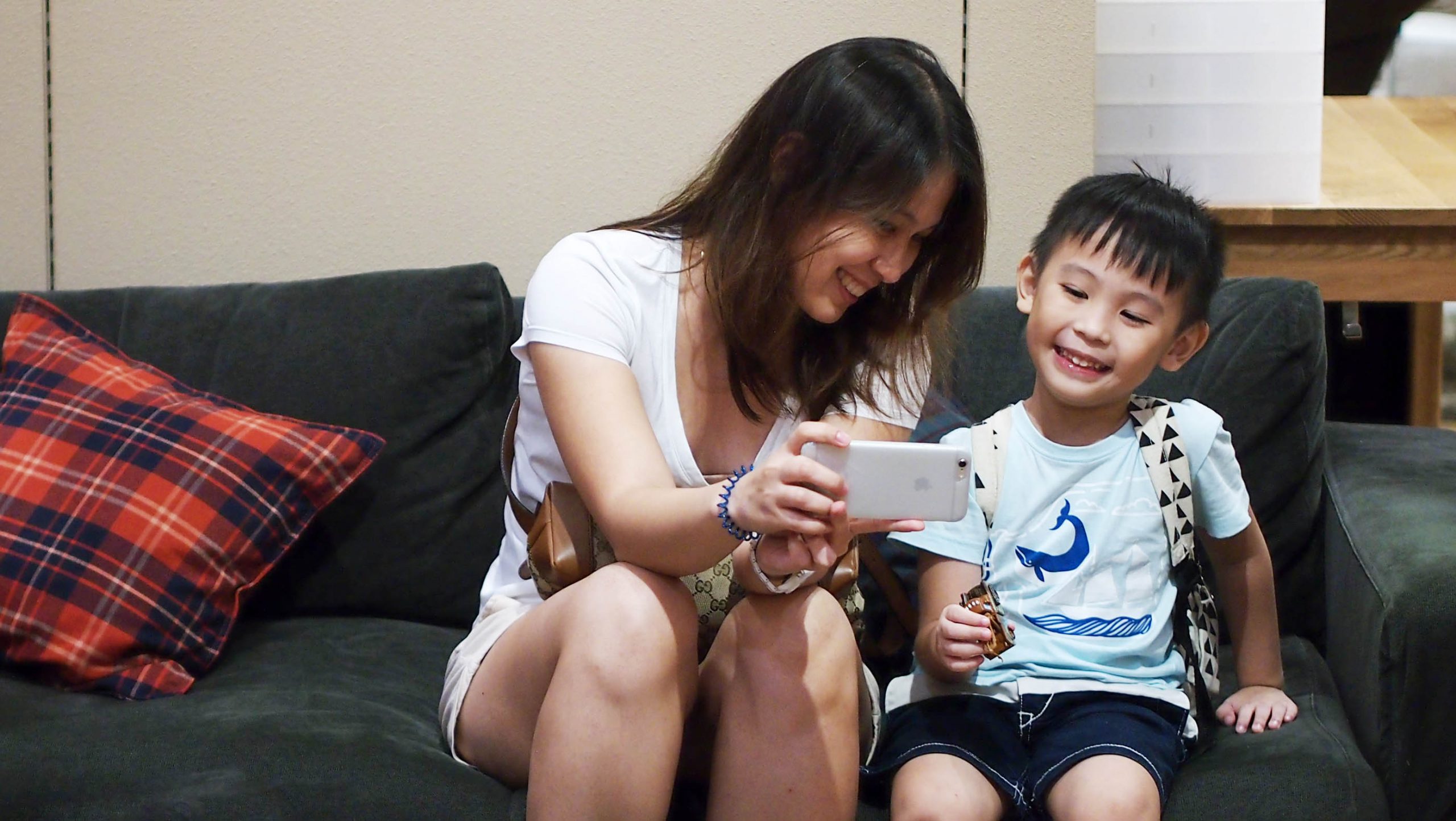Working with low‐income families through the life course: Challenges to social services
February 20, 2023

“The moral test of government is how that government treats those who are in the dawn of life, the children; those who are in the twilight of life, the elderly; those who are in the shadows of life; the sick, the needy and the handicapped.” These words, spoken by 38th U.S. Vice President Hubert Humphrey, embody the spirit of the World Day of Social Justice, which is celebrated on 20 February every year. Many organisations with an ethos relating to social causes and social justice often make statements on this day, and efforts to galvanise the community in an effort to make advances in social justice also help validate the commemoration of this significant date.
In conference proceedings of the NUS Social Service Research Centre (SSR), “Working with low‐income families through the life course: Challenges to social services” (2020), editors Associate Professor Irene Ng (NUS Social Work) and Dr Neo Yu Wei (NUS SSR) introduced the collection of papers, highlighting key challenges and interventions discussed by participants within the demographic of low-income families. These included social policies, formal services by social service organisations, community-initiated efforts and labour-related challenges in helping lift families out of poverty.
Most significantly, Assoc Prof Ng and Dr Neo pointed out that poverty and inequality were multidimensional problems, requiring the intersectional and combined efforts of multiple stakeholders to assist in the plights of low-income families. Presenters of the conference ranged from policymakers such as Minister in the Prime Minister’s Office Indranee Rajah who was key in coordinating various inter-ministerial social policies to social service managers like Ms Valerie Goh from the Kids Integrated Development Service (KIDS 0-3) Programme which aimed to provide intervention to children from vulnerable families with multiple risk factors.
Assoc Prof Ng and Dr Neo concluded their introduction by stressing the importance of trans-disciplinary research that would support collaborative intervention efforts, from both researchers and social service workers on the ground, which they believed would eventually help “break the chain of cumulative disadvantages”.
Read the proceedings here.
